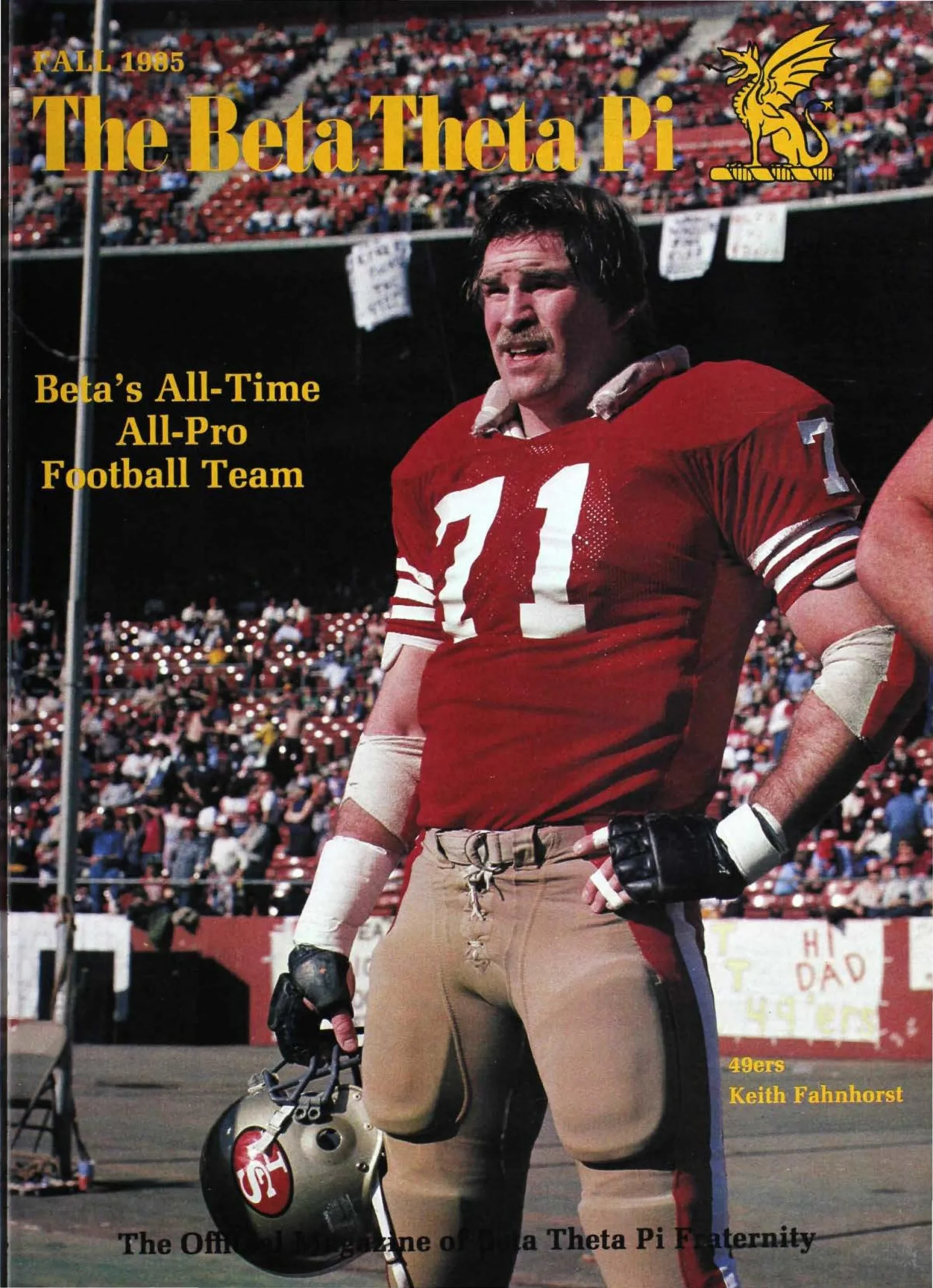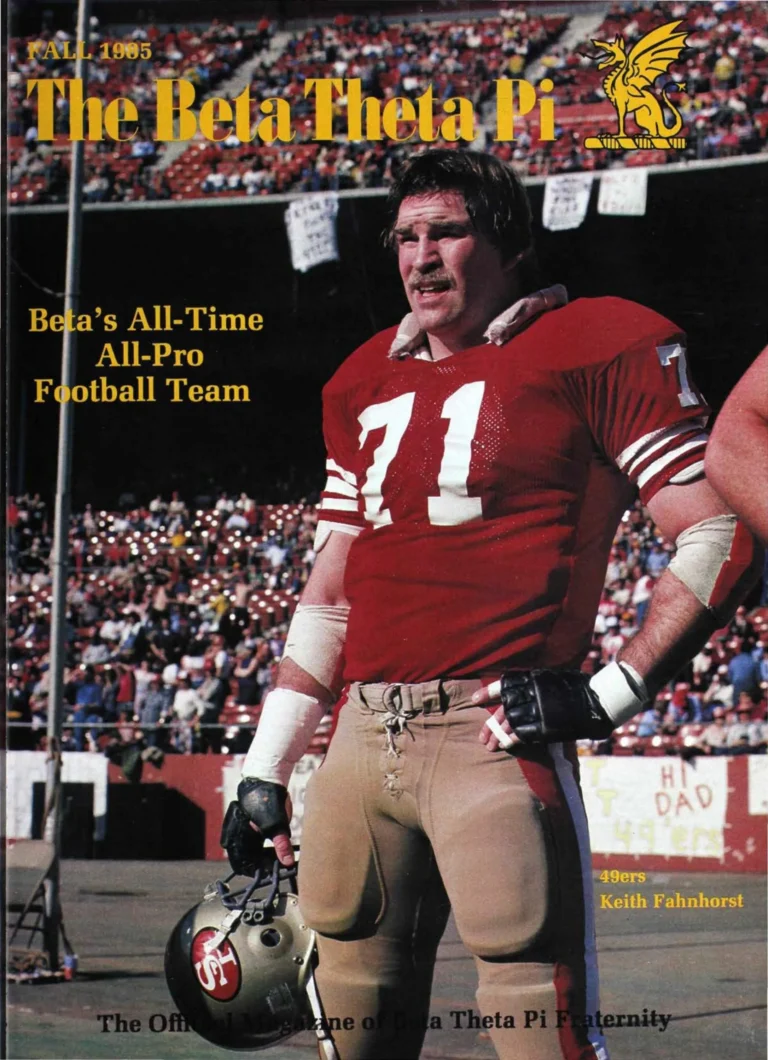
CLEVELAND, Ohio – Sometimes we ask our readers to tell us a story.
Their voices often become more meaningful with experience.
My story about how late Browns QB Frank Ryan’s family coped with his Alzheimer’s disease got me some powerful emails and posts on my Facebook page .
Frank (Pancho) Ryan Jr.
said he has received more than 150 emails and cards about his father from readers of this column.
He said most people had at least some story about a loved one with Alzheimer’s disease.
“The emotional connection and the story are so strong,” he said.
Another Thanksgiving “Her mother-in-law was very healthy until she was 90 years old.
Throughout 2020, her dementia became apparent.
We moved her from her home, where she lived independently for 30 years as a widow, to our home and brought her to live with us.
“She was very good at it.
I had a fall at my home.
She didn’t break anything, but she changed dramatically overnight and is very confused.
“We tried to take care of her at home for two weeks, but we couldn’t.
We put her in a nursing home.
She was doing well until August when she fell and broke her hip.
For quality of life considerations, we surgically repaired it.
” She returned to the nursing home.
We celebrated her 94th birthday with a small lunch.
It was perfect.
But complications soon arose.
We put her on hospice.
She died two weeks later, at the end of September.
Her Thanksgiving was tough because she and I have been cooking dinner together for the past 30 years.
I think she is living happily in heaven now.
” CLEVELAND, Ohio – Sometimes we ask our readers to tell us a story.
Their voices often become more meaningful with experience.
My story about how late Browns QB Frank Ryan’s family coped with his Alzheimer’s disease got me some powerful emails and posts on my Facebook page .
Frank (Pancho) Ryan Jr.
said he has received more than 150 emails and cards about his father from readers of this column.
He said most people had at least some story about a loved one with Alzheimer’s disease.
“The emotional connection and the story are so strong,” he said.
Another Thanksgiving “Her mother-in-law was very healthy until she was 90 years old.
Throughout 2020, her dementia became apparent.
We moved her from her home, where she lived independently for 30 years as a widow, to our home and brought her to live with us.
“She was very good at it.
I had a fall at my home.
She didn’t break anything, but she changed dramatically overnight and is very confused.
“We tried to take care of her at home for two weeks, but we couldn’t.
We put her in a nursing home.
She was doing well until August when she fell and broke her hip.
For quality of life considerations, we surgically repaired it.
” She returned to the nursing home.
We celebrated her 94th birthday with a small lunch.
It was perfect.
But complications soon arose.
We put her on hospice.
She died two weeks later, at the end of September.
Her Thanksgiving was tough because she and I have been cooking dinner together for the past 30 years.
I think she is living happily in heaven now.
” “We sang songs with my mother, who had Alzheimer’s disease.
She remembered the songs because they were songs from her childhood and adolescence.
I felt comfortable and was able to talk about “long term memory” and “short term memory”.
(These are great ideas.
I had never thought about the music/singing approach.
Coping with the Endings “My mother had Alzheimer’s disease for 6 years.
She was healthy and energetic.
Watching my mother completely crumble was excruciating.
There were many days when I felt completely helpless and sad.
“My poor father had a really hard time coping, especially since the love of his life of 62 years couldn’t communicate or be together.
After all, you are a good Lord.
“So many of our generation are battling this disease right now.
Please share your stories.
” (We feel guilty when we think, “I wish the good Lord would accept us.
” I know people who feel “relief” after someone dies in this situation and feel guilty.
There’s no reason to feel guilty.
I wrote a faith column about how these are natural and honest reactions to emotionally and physically stressful situations.
Loneliness “After putting my mother in an institution, no one in the family could bear to visit or take care of her.
So they didn’t do it.
They left it to me.
.Sometimes she knew me.
Sometimes she seemed happy to see me, other times she wasn’t so happy.
“After the visit, no matter how the visit turned out, I sat in my car and cried.
I missed my mom.
I missed her humor, her laughter, her love.
Now `I can’t bear to see her like that.
” “I can’t do it” is an excuse.
Of course, it’s not always easy to visit.
But just holding hands for 15 minutes can mean a lot.
Very often, caring for the elderly is mainly done by one person or two people.
Recover Memories “My mother-in-law had Alzheimer’s disease.
When she was moved to a nursing home, her daughter suggested that we hang (in her room) family photos from years ago.
Patients often remember things in the past but not in the present.
She knew a long time ago who was in her wedding photos.
” ” I found his old audio clip of a 1964 Browns game on her YouTube.
I’ll play it for my father.
he loved it.
One day we brought a soccer ball into his room.
he held it.
He placed his fingers on the shoelaces.
Then he licked his thumb and stuck it under his shoelaces – just like he used to when he played for the Browns and when he played catch with us in the yard.
”


